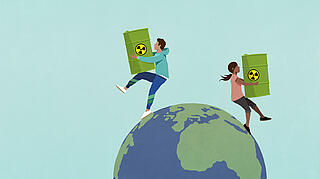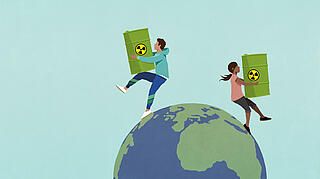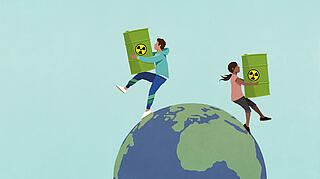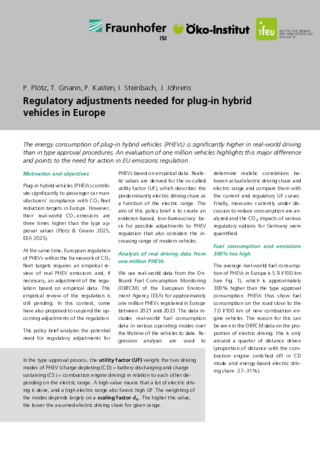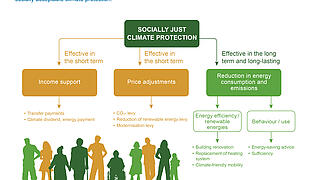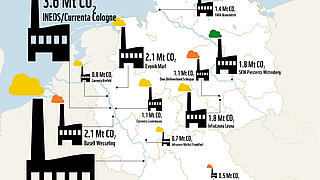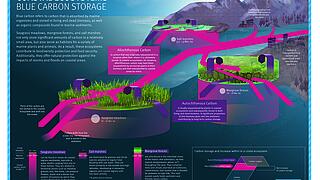Chemicals, pesticides, nanomaterials – what can be done to ensure that the production, use, sale and disposal of substances such as these do not pose a risk to health and the environment? This is the key focus of substance law. In Germany, the various laws on chemicals, pesticides and the closed loop economy are intended to ensure the safe and sustainable use of substances. The legal framework in these areas is established primarily at the European level, e.g. through the REACH chemicals legislation.
The Oeko-Institut produces a large number of legal assessments showing how conservation of the environment and resources can be improved at the interface between substance law and other environmental regulations. The researchers produce feasibility studies on specific product and substance regulations, e.g. for the introduction of a nano-product register. They develop proposals showing how resource loops can be closed by substance law: provisions on plastic recycling are just one example. In relation to soil conservation, they review the licensing and use of substances in order to determine how soil can be protected from harmful inputs such as plastic, bio-waste, pesticides and fertilisers.


